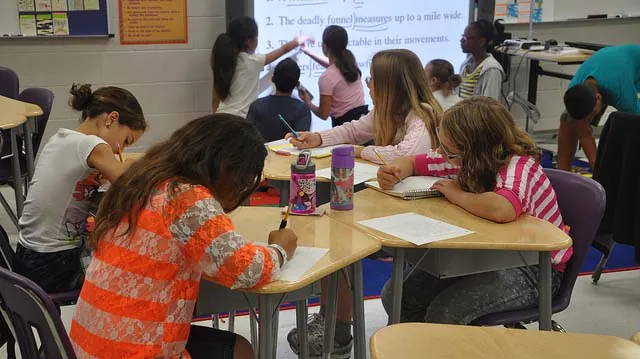
Source: KQED
Helping students develop self-compassion and resilience at an early age can help them to be more successful in school, and teachers are a big part of that.
The culture and climate that a teacher creates within their classroom is particularly significant to a student’s ability to learn and grow. Dr. Robert Brooks, psychologist on the faculty of Harvard Medical School and author of over a dozen books, including Raising Resilient Children, suggests that teachers can help students through social emotional learning by changing their own mindsets as teachers, to see the best traits in each student, especially those that are particularly a challenge in the classroom.
Adapting a positive mindset changes the dynamic of the classroom, giving students an opportunity to see the greatness in themselves, to find purpose, develop a caring mindset, and become more resilient in life.
Because it can be very difficult to balance an entire classroom when every student is encountering unique experiences outside of the classroom, it is important that teachers focus on the positive traits in each student, without dismissing them as “lazy” or “unmotivated,” Brooks explained.
“It’s not that they’re not motivated…they’re just not motivated to do what we would like them to do,” said Brooks.
“Instead, they put all their energy into avoiding work that might lead them to fail, or that they don’t find relevant to their lives. There are lots of reasons kids might be motivated to avoid, but calling them lazy or lacking in perseverance or grit is not likely to improve attitudes,” as reported by KQED.
Read the full story at: KQED
